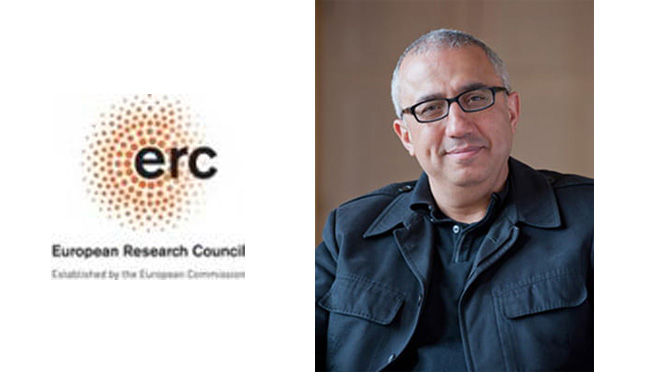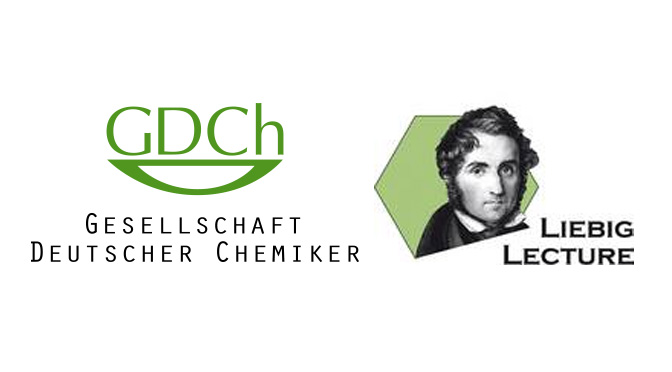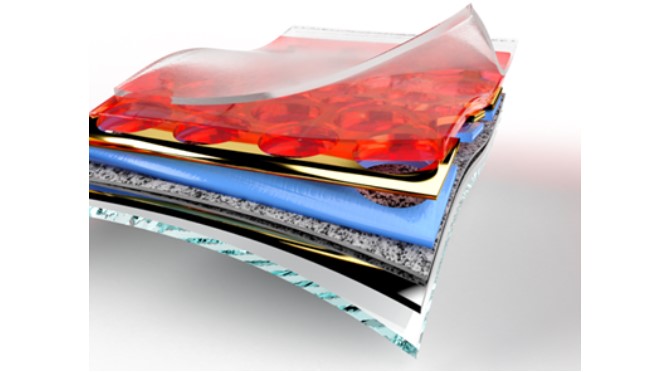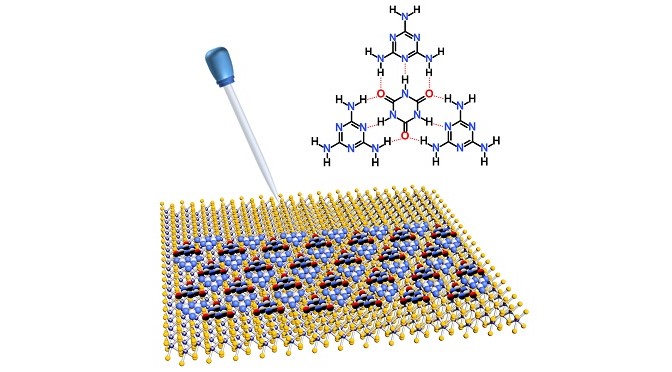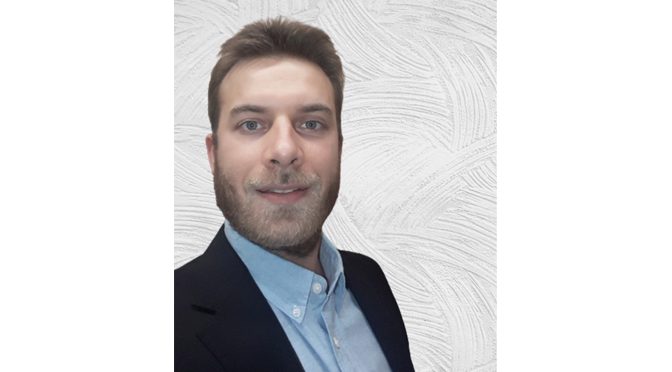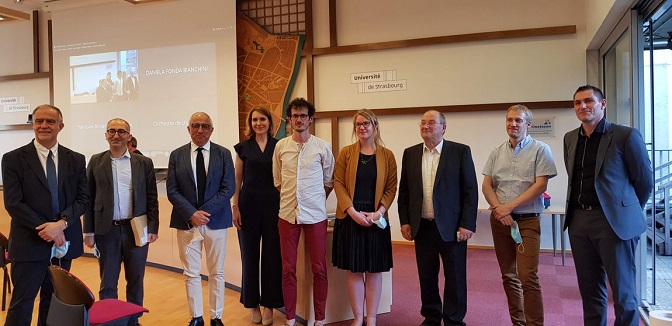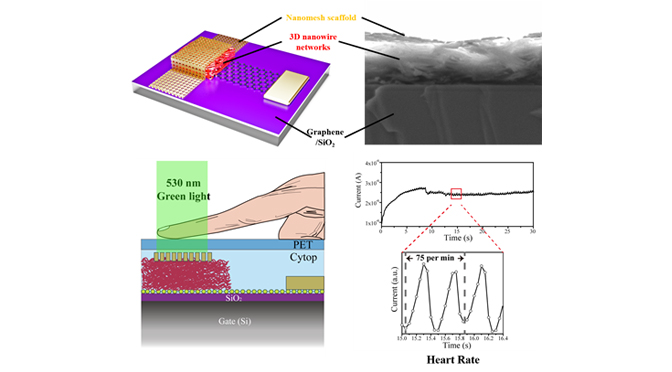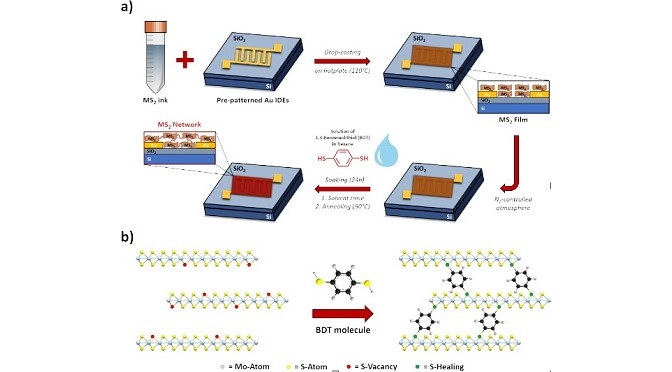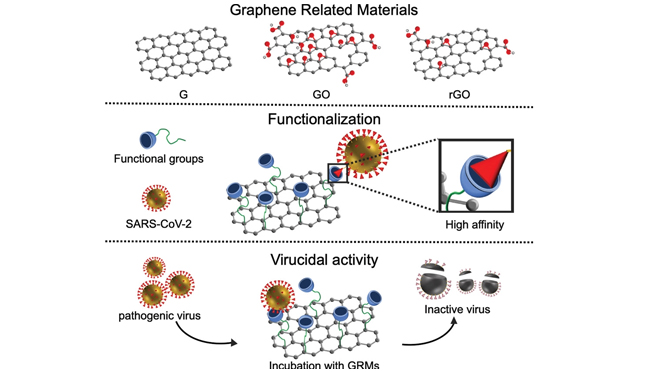New Catalysts for Synthesis of Stereodefined and Modifiable Tetrasubstituted Alkenes
Acronym: HISUBMET
Tetrasubstituted olefins are key to drug discovery, and the ability to access such entities is crucial. Pioneering studies have led to noteworthy advances but significant shortcomings remain. For example, it is especially challenging to … Continue Reading ››

